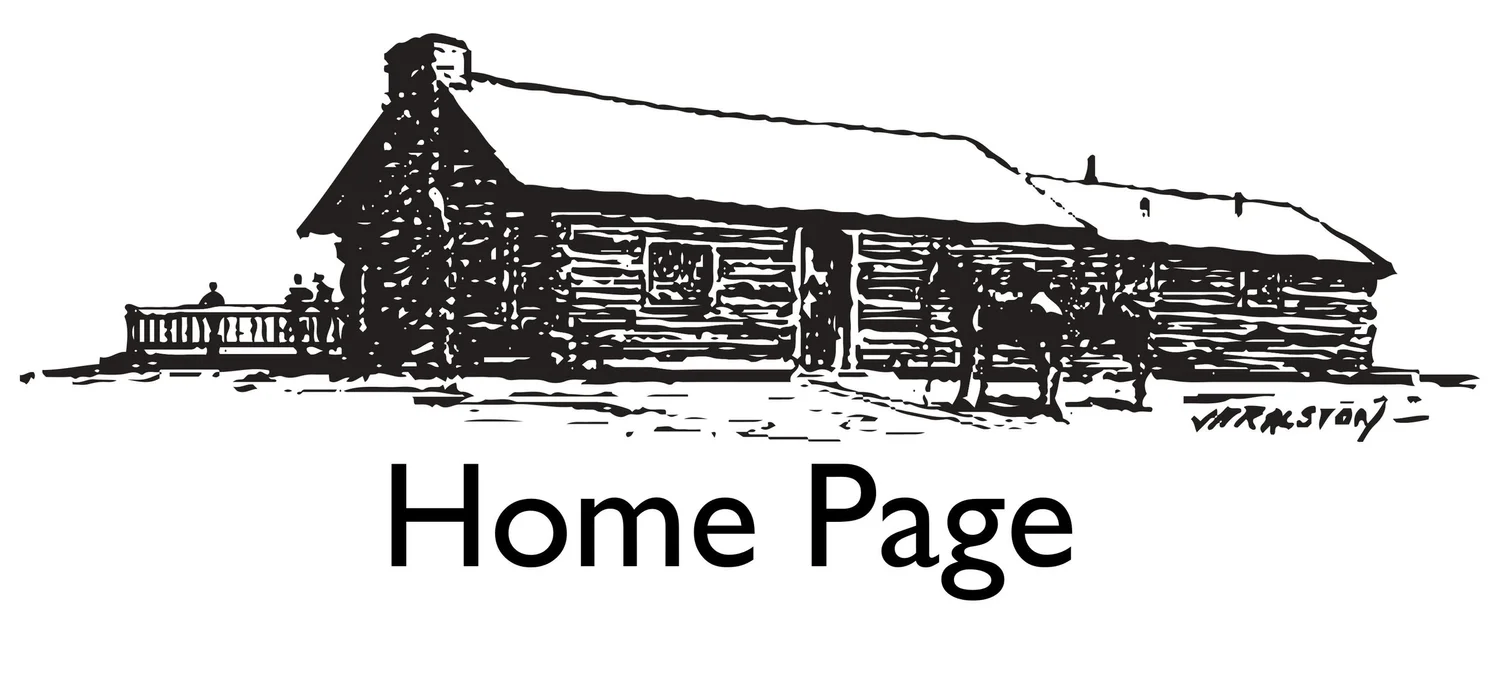The Yellowstone River flows across Montana for approximately 700 miles. It is the most important resource for the valley in terms of productivity, livelihoods and wildlife. The presentation reviews the three standard concerns in sustainability sciences (economic, environmental and social sustainability) as means for thinking about the future of the valley. The presentation touches on agriculture, tourism, oil and gas development, endangered pallid sturgeons, cotton forests, fairness, mishaps, water rights and riparian area complexities.
Susan grew up on a cattle ranch in northeastern Wyoming. She attended small, rural schools through the 8th grade, and she earned bachelors and master’s degrees in communication from the University of Wyoming. Later, she earned her Ph.D. in Geography from Texas A&M University. In 2003, she joined Montana State University Billings where she studies how individuals become attached to particular places and how those attachments influence environmental philosophies and actions.
As the principle investigator for the project, “The Yellowstone River Cultural Inventory” she oversaw scores of interviews with people living near the Yellowstone River. Over 200 of those recorded interviews are now archived with the Western Heritage Center of Billings. Most recently she has been studying interfaces between water quality issues, industrialism and the traditionally rural communities of the Bakken oil and gas fields in eastern Montana. Her teaching and research interests have also taken her to China, Indonesia, Italy, France, Germany, Luxembourg and Oman.

